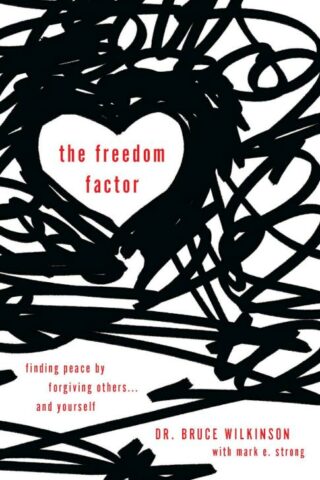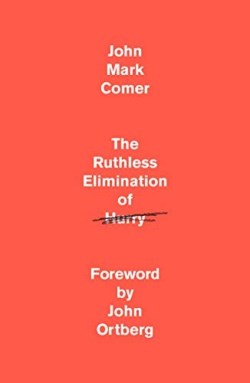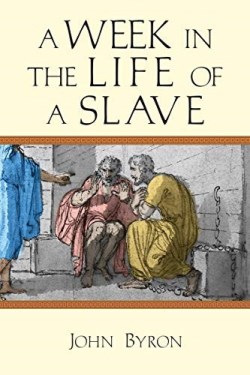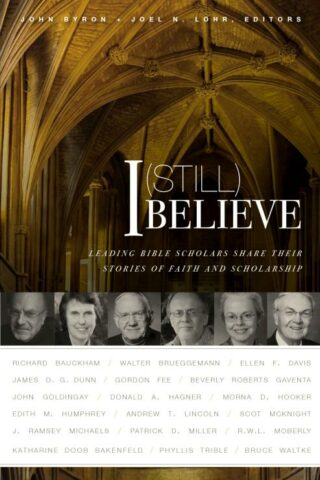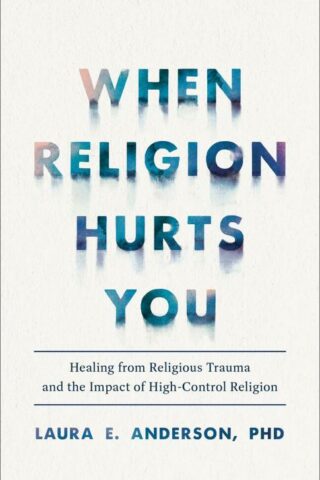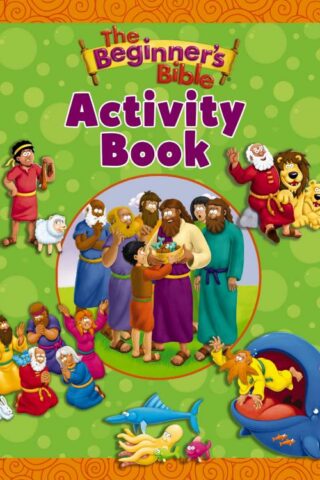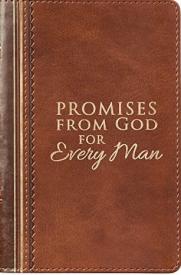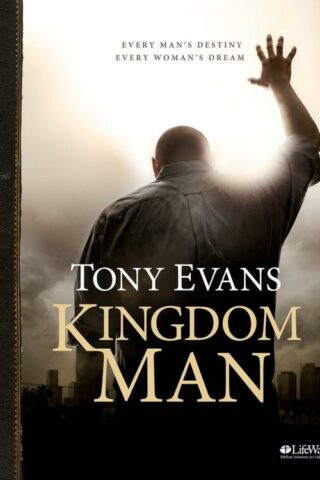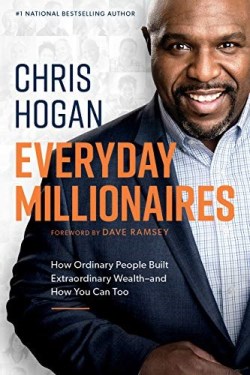John Byron
Showing all 2 resultsSorted by latest
-
Week In The Life Of A Slave
$20.99“I appeal to you for my son Onesimus, who became my son while I was in chains. Formerly he was useless to you, but now he has become useful both to you and to me.”
These words, written by the apostle Paul to a first-century Christian named Philemon, are tantalizingly brief. Indeed, Paul’s epistle to Philemon is one of the shortest books in the entire Bible. While it’s direct enough in its way, it certainly leaves plenty to the imagination. A Week in the Life of a Slave is a vivid imagining of that story. From the pen of an accomplished New Testament scholar, the narrative follows the slave Onesimus from his arrival in Ephesus, where the apostle Paul is imprisoned, and fleshes out the lived context of that time and place, supplemented by numerous sidebars and historical images. John Byron’s historical fiction is at once a social and theological critique of slavery in the Roman Empire and a gripping adventure story, set against the exotic backdrop of first-century Ephesus.
Add to cartin stock within 3-5 days of online purchase
-
I Still Believe
$24.99I (Still) Believe explores the all-important question of whether serious academic study of the Bible is threatening to one’s faith. Far from it-faith enhances study of the Bible and, reciprocally, such study enriches a person’s faith. With this in mind, this book asks prominent Bible teachers and scholars to tell their story reflecting on their own experiences at the intersection of faith and serious academic study of the Bible.
While the essays of this book will provide some apology for academic study of the Bible as an important discipline, the essays engage with this question in ways that are uncontrived. They present real stories, with all the complexities and struggles they may hold. To this end, the contributors do two things: (a) reflect on their lives as someone who teaches and researches the Bible, providing something of a story outlining their journey of life and faith, and their self-understanding as a biblical theologian; and (b) provide focused reflections on how faith has made a difference, how it has changed, and what challenges have arisen, remained, and are unresolved, all with a view toward the future and engaging the book’s main question.
Add to cartin stock within 3-5 days of online purchase



